Faculty
Below is a directory of faculty members that collaborate in the Center.
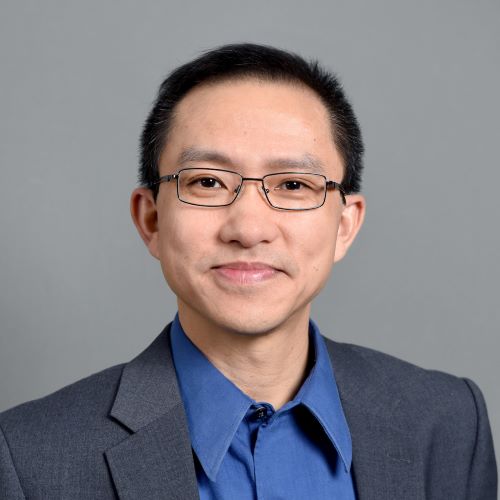
Baoxin Li
ASU School of Computing, Informatics, and Decision Systems Engineering
Baoxin Li’s research interests are on visual computing and machine learning, including deep learning, especially their application in the context of human-centered computing. He actively works on computer vision & pattern recognition, multimedia, image/video processing, assistive technologies for the visually impaired, human-computer interaction, statistical methods in visual computing.
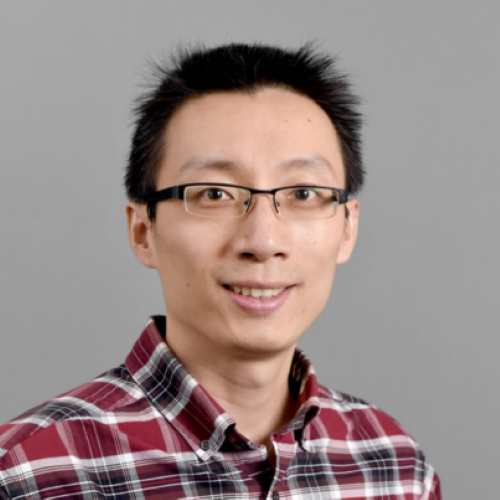
Bin Mu
ASU School for Engineering of Matter, Transport and Energy
Prof. Bin Mu’s group has been focusing on the design, synthesis, and functionalization of nanostructured porous particles and membrane materials for a variety of applications in the areas of energy, environments, and biomedical engineering. In addition, Prof. Mu is very interested in developing game-based and AR/VR-assisted learning/teaching modules to promote next-generation engineering education.
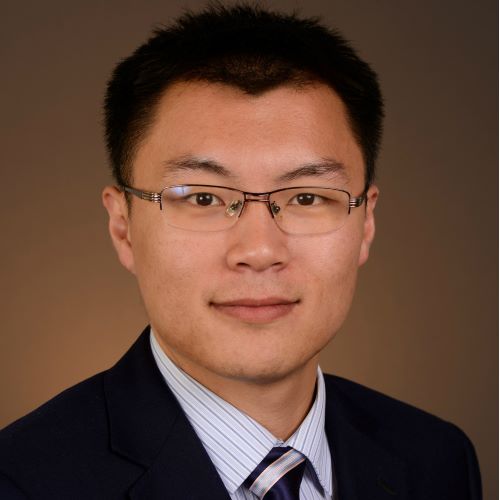
Feng Ju
ASU School of Computing, Informatics, and Decision Systems Engineering
Stochastic modeling and optimization of production systems
Control of additive manufacturing process
Sustainable transportation systems
Healthcare delivery systems
Medical decision making
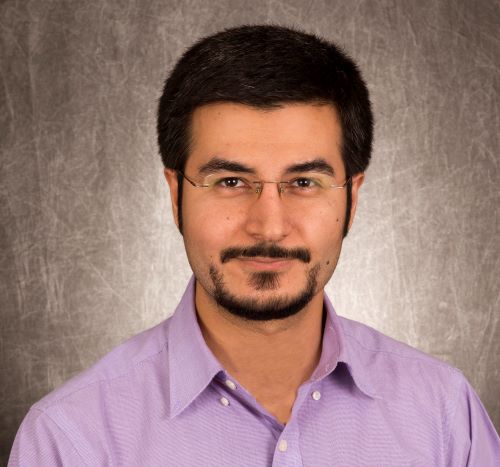
Hamid Marvi
ASU School for Engineering of Matter, Transport and Energy
Our research aims to study fundamental physics behind interactions of biological systems with their surrounding solid, granular, and fluidic environments. Utilizing biological insights derived from these studies, we develop bio-inspired robotic systems for structural health monitoring, non-destructive testing, and autonomous exploration applications.
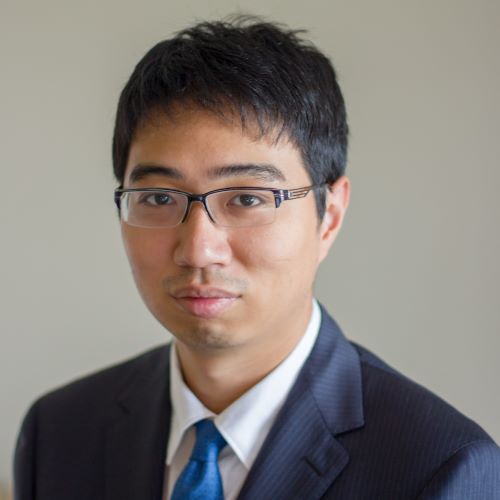
Hao Yan
ASU School of Computing, Informatics, and Decision Systems Engineering
Dr. Yan’s research interests focus on developing efficient machine learning, optimization, and algorithms for analysis of spatio-temporal data with complex heterogeneous data structure to extract information or useful features for the purpose of data fusion for assessment of system performance, early detection of system anomalies, intelligent sampling and sensing for data collection and decision making to achieve optimal system performance.
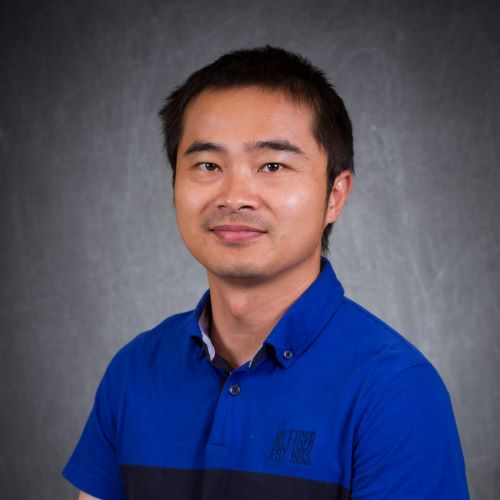
Houlong Zhuang
ASU School for Engineering of Matter, Transport and Energy
We apply data-driven machine learning approaches and quantum mechanics calculations to design engineering materials.
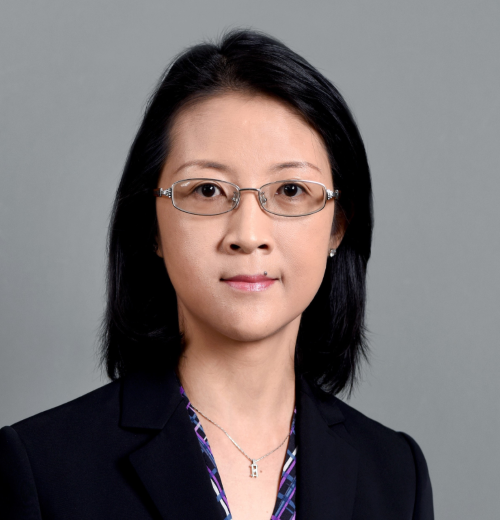
Jing Li
ASU School of Computing, Informatics, and Decision Systems Engineering
Dr. Jing Li’ research focuses on imaging data analytics, fusion of multi-modality images for predictive analysis, fusion of imaging and non-imaging datasets for building predictive models, integration of data-driven modeling and mechanistic models/domain knowledge, transfer learning, semi-supervised and active learning, as well as uncertainty quantification of machine learning models.
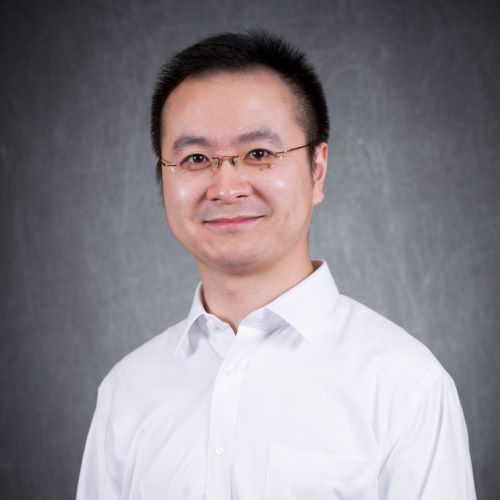
Kenan Song
ASU The Polytechnic School
Develop fundamental knowledge concerning (i) creation of new 3D printing mechanisms, (ii) innovating design principles, (iii) building-up, and, (iv) characterizing filler-matrix interactions toward fabricating nanocomposite materials and systems, where their structural features are established through bottom-up or top-down means and material properties are capable of matching theoretical predictions.
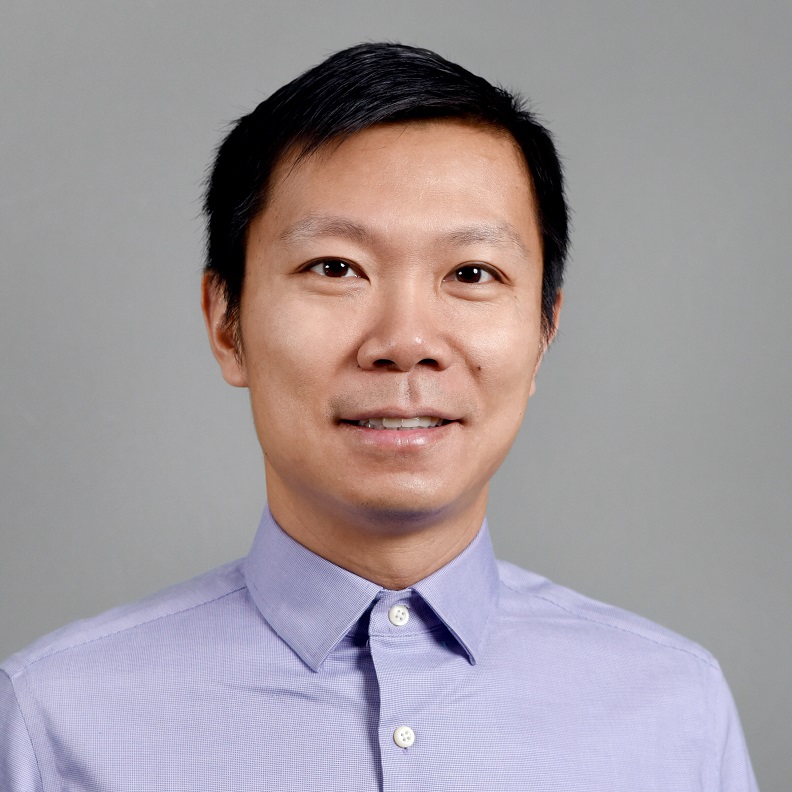
Ming Zhao
ASU School of Computing, Informatics, and Decision Systems Engineering
Prof. Zhao’s research is in the areas of experimental computer systems, including cloud/edge, big-data, and high-performance systems as well as operating systems and storage in general. He is also interested in the interdisciplinary studies that bridge computer systems research with other domains. His research outcomes have been adopted by several production systems.
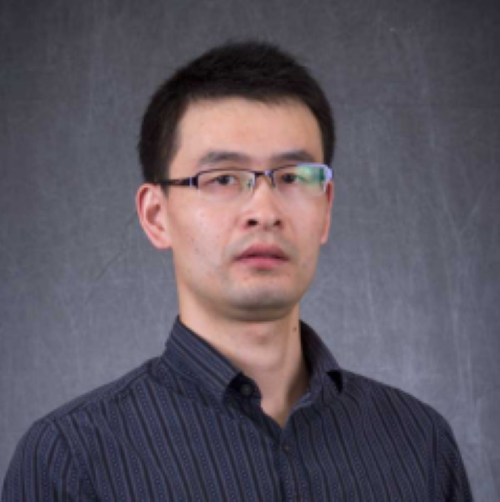
Qiong Nian
ASU School for Engineering of Matter, Transport and Energy
Qiong Nian is an assistant professor of aerospace and mechanical engineering in the School for Engineering of Matter, Transport and Energy at Arizona State University. His research interests include nanomanufacturing, additive manufacturing, laser based material processing, laser matter interaction and physical simulation; inkjet printing of functional materials; and 2D materials fabrication.
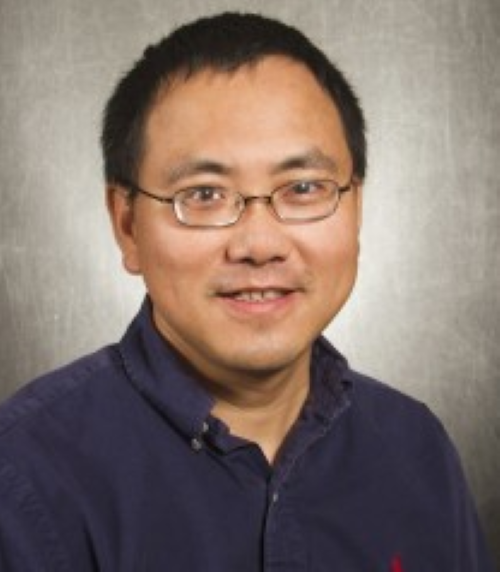
Rong Pan
ASU School of Computing, Informatics, and Decision Systems Engineering
Dr. Pan’s research interests are Statistical Modeling and Data Analytics of Complex Systems, including: Quality and Reliability Engineering, Design of Experiments, Bayesian Statistics, Machine Learning and Optimization. Some recent projects are Design of experiments with dynamic responses, funded by NSF. Location-aware influence maximization, funded by Griffiss Institute. Correlation of qualification testing with field degradation, funded by DOE. Quantitative reliability prediction in early design stages, funded by NSF.
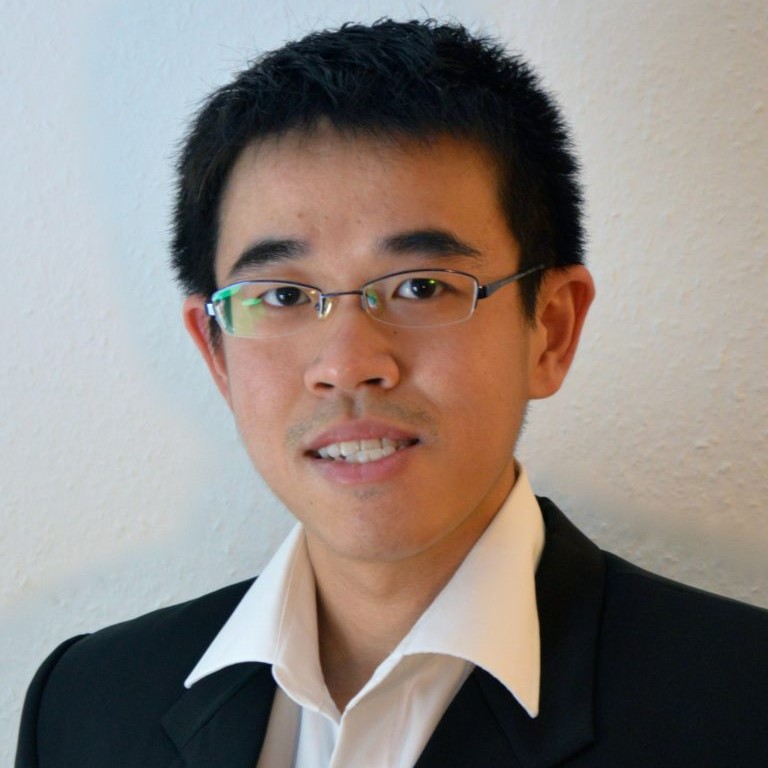
Sze Zheng Yong
ASU School for Engineering of Matter, Transport and Energy
Control and estimation theory; formal methods; hybrid systems; safety and security of cyberphysical
systems; intention-aware, multi-agent robotic systems and autonomous vehicles;
mixed-integer and robust optimization
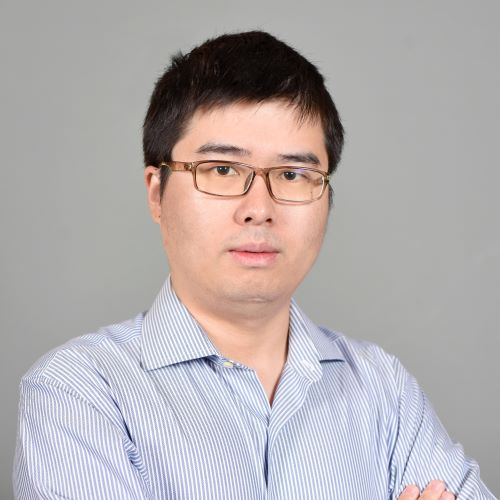
Xiangfan Chen
ASU The Polytechnic School
Dr. Xiangfan Chen’s research interests focus on advanced manufacturing technologies for emerging applications in the areas of photonics, energy, and biomedical engineering. His group is currently developing novel additive manufacturing processes to explore and create functional devices with functional materials and biomimetic structures for mechanical metamaterials, energy harvesting devices, and flexible sensors.
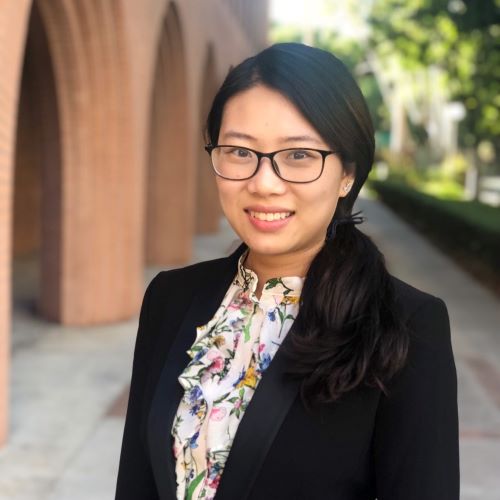
Xiangjia Li
ASU School for Engineering of Matter, Transport and Energy
Li’s research interests focus on the development of smart additive manufacturing and biomimetic additive manufacturing technologies. Her current research topics include the investigation of smart additive manufacturing systems, statistical quality control of additive manufacturing, multi-scale and multi-material additive manufacturing process development, bioinspired design methodologies, and programmable functional materials for potential applications in biomedical devices, energy storage devices, and flexible wearable sensors.
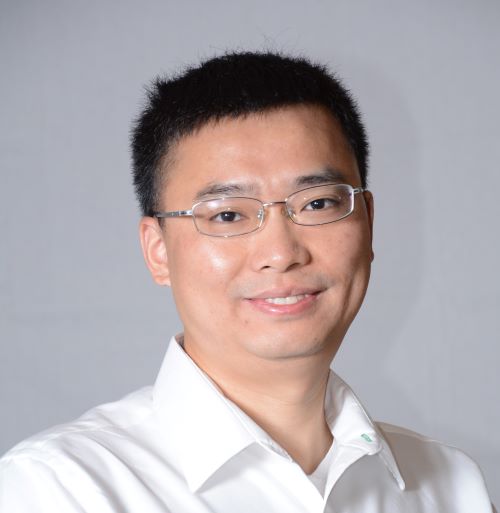
Yan Chen
ASU The Polytechnic School
Dr. Chen’s research interests include design, modeling, estimation, control, and optimization of dynamic systems, specifically for connected and automated ground vehicle, (hybrid) electric vehicle, internal combustion engine, aftertreatment, microgrid, robotic, and mechatronic systems. He is the author or co-author of more than 50 peer-reviewed publications.
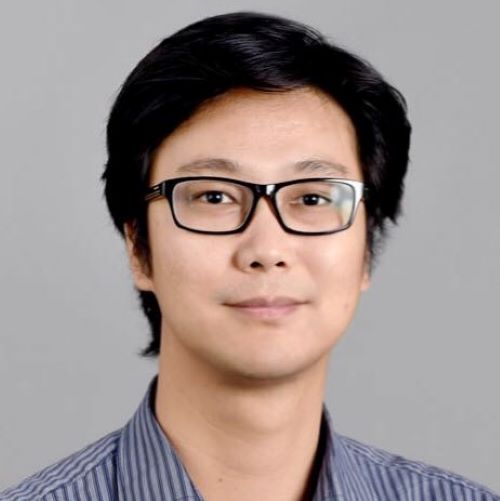
Yang Jiao
ASU School for Engineering of Matter, Transport and Energy
The main focus of Dr. Jiao’s research is the understanding of the fundamental physics of a wide range of material systems including composite materials, colloids, polymer gels, granular materials, and biological tissues and cells, using a variety of analytical and computational techniques devised in heterogeneous material theory, statistical mechanics, condensed matter physics and discrete geometry.
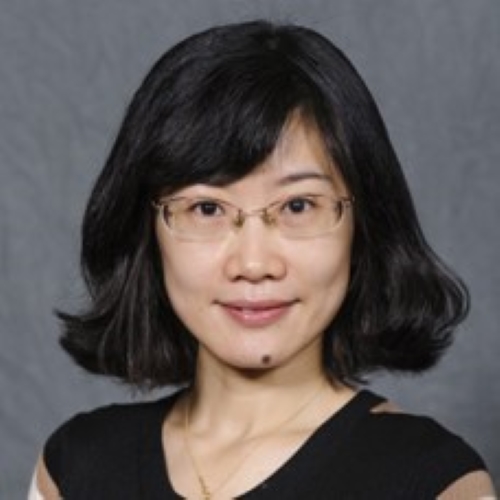
Lin Li
ASU School for Engineering of Matter, Transport and Energy
Dr. Lin Li is an associate professor at Arizona State University (ASU). She received her Ph.D. degree from The Ohio State University and worked as a postdoctoral associate at the Massachusetts Institute of Technology. Prior to joining ASU, she was a faculty member at The University of Alabama. Her research interests are in the field of multiscale material mechanics modeling for structural materials used in extreme environments. Dr. Li is the recipient of the Ralph E. Powe Junior Faculty Enhancement Award and the Air Force Summer Faculty Fellowship.
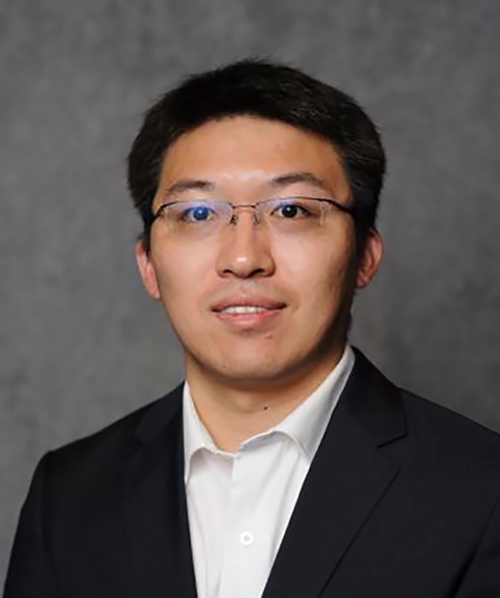
Feng Yan
ASU School for Engineering of Matter, Transport and Energy
Dr. Feng Yan’s research interest is to explore the structure-properties-processing relationships in advanced electronic and photonic materials and devices, including photovoltaics, ferroelectrics, and multiferroics.